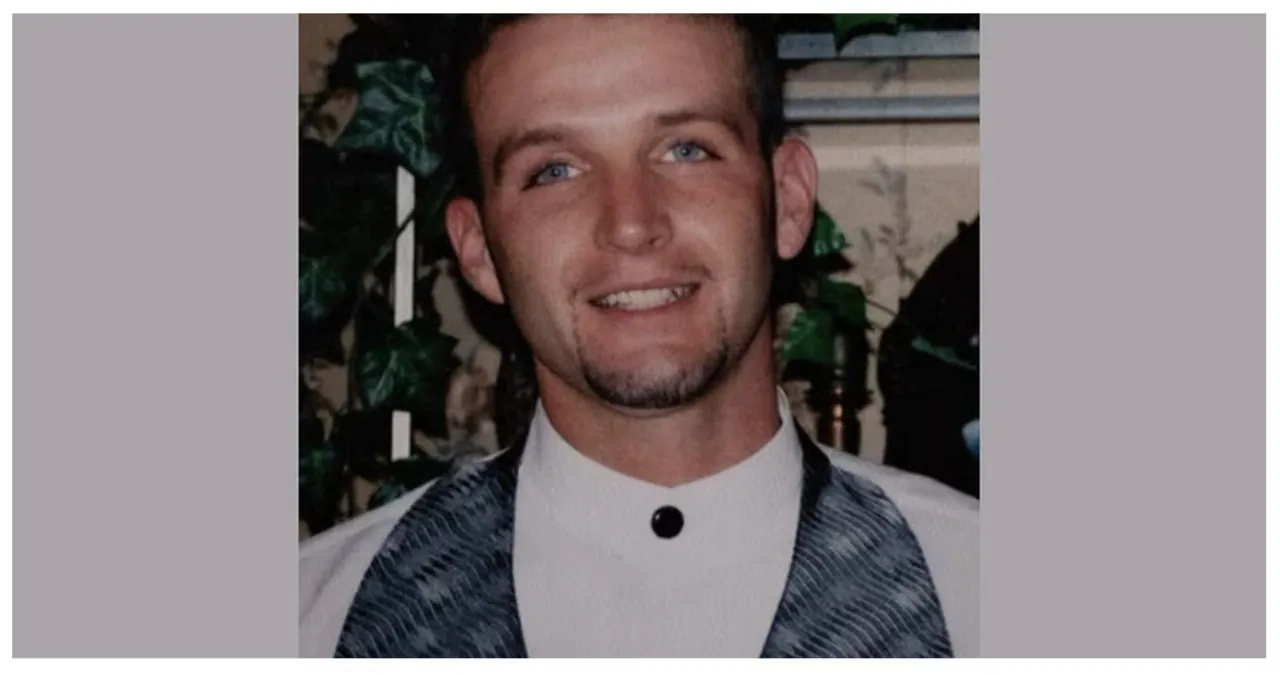The family of a former inmate has filed a lawsuit against Alabama’s prison system, claiming that when the man’s body was returned to them, it was missing his heart.
Brandon Clay Dotson was discovered deceased at Ventress Correctional Facility on November 16. The specific offense for which Dotson was incarcerated remains undisclosed at this time.
The family of the 43-year old man is alleging in a federal lawsuit that they, including his mother, daughter, and brother, faced numerous challenges in acquiring his body after his death. Prior to his passing, he had sought assistance from prison officials, as fellow inmates were targeting him due to unpaid drug debts. Tragically, Dotson was discovered deceased in his bed, with his body already showing signs of rigor mortis.
The lawsuit, which was filed on Thursday in federal court by Birmingham attorney Lauren Faraino, states that Dotson’s body was released to his family on November 21st.
According to the lawsuit, the family had concerns about possible foul play due to the Alabama Department of Corrections’ repeated violations of fundamental human and constitutional rights. To further investigate, the family enlisted the expertise of pathologist Dr. Boris Datnow, who performed a second autopsy on Dotson’s body. It is worth noting that Dotson had already undergone an initial autopsy at the Alabama Department of Forensic Sciences, as is customary for inmates who pass away while in state custody.
During the examination, Datnow came across a startling revelation – Dotson was found to be without a heart, as stated in the lawsuit.
According to the lawsuit, the Alabama Department of Corrections, or someone acting on their behalf, removed and kept Mr. Dotson’s heart without obtaining permission from his next of kin.
The Alabama Department of Corrections spokesperson stated that the department does not perform autopsies and refrained from commenting on the ongoing legal proceedings.
The funeral director, based on his extensive experience handling deceased bodies, concluded that the state had failed to store the body properly, as evidenced by the level of decomposition.
According to the lawsuit, the family is demanding the “prompt return” of Dotson’s heart. The family asserts that they have not been informed about the whereabouts of the heart or the reason for its removal.
The lawsuit not only mentions prison officials but also includes the UAB Health System as defendants. According to the suit, UAB’s School of Medicine acquired Dotson’s heart, and it highlights a specific incident from 2018. During their medical training, students at UAB noticed that a significant number of specimens they encountered came from individuals who had died while in the custody of the Alabama Department of Corrections.
According to the lawsuit, it is believed that the UAB medical school could potentially be one of the recipients of Mr. Dotson’s heart.
According to a UAB spokesperson on Friday afternoon, they have conducted a thorough review of their records and have confirmed that UAB did not perform the autopsy in question nor have any involvement in the matter. The spokesperson also mentioned that they will be informing the plaintiff’s attorney about this information.
Dotson’s family filed a lawsuit alleging that the prison staff failed to protect him from abuse and neglected to provide him with necessary assistance. This claim is similar to the one made in the Department of Justice’s lawsuit against Alabama prisons, which is scheduled for trial next fall.
According to the lawsuit, the correctional staff failed to prevent the abuse suffered by Mr. Dotson. They also failed to address his constant access to drugs and neglected to rescue him in a timely manner, ultimately resulting in his death. The lawsuit alleges that if the staff members were available, they either ignored warning signs and pleas for help or chose not to intervene, despite having every opportunity to do so.
According to the lawsuit, when Dotson’s brother reached out to the prison to claim Dotson’s body, the warden responded with surprise, mentioning that it is not uncommon for families to not collect the bodies of inmates and sometimes not even be informed about their deaths.
U.S. District Judge Madeline Haikala has scheduled an evidentiary hearing in the case, according to court records. However, no specific date has been announced for the hearing yet.
The judge has issued an order for the defendants’ lawyers, which includes prison officials and UAB medicine, to ensure the preservation of any tissue or organs that may be relevant to the case. Additionally, they are instructed to refrain from engaging in any activities that could potentially hinder the collection of evidence in this matter.
Also Read:
- Tennessee Inmate Delivers Baby Solo in Cell as Request for Hospital Visit Denied, Says Another Prisoner
- In Montgomery, an escaped prisoner was apprehended
- Alabama prisoner sought after early escape from work release center



